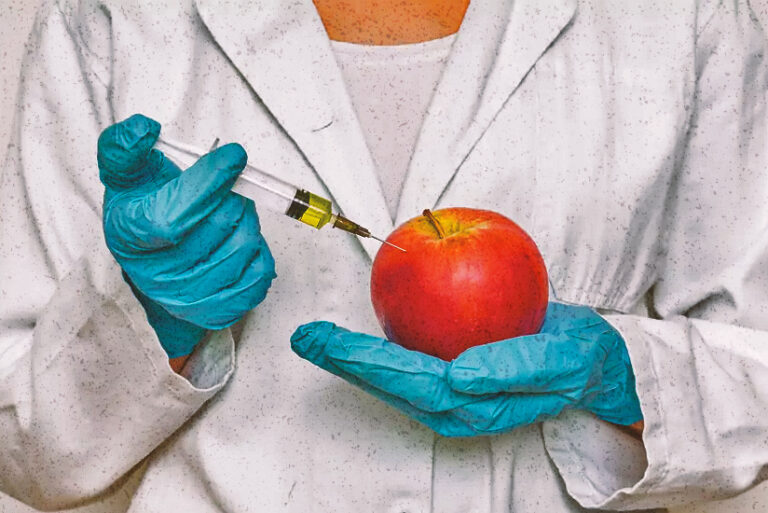Text and Photos by Evangeline T. Capuno
It represents only 2% of the body weight and yet it gets 20% of the total body oxygen consumption and 25% of the total body glucose usage.
“The human brain is certainly a wondrous organ,” writes Dr. Joy C. Fontanilla, the executive director of the Diabetes Center at Asian Hospital and Medical Center. “It serves a multitude of functions besides being the center of thought processes, emotions, sensation, movement, and nervous system coordination. Recently, it’s been found to play a role in regulating food intake, body fat deposition, and energy balance including blood sugar control.”
The brain is a strange organ as it is not as dynamic as other organs in the body. Experts claim the turnover of cells in the brain is almost zero, unlike the liver or the lung. This means that the brain is particularly sensitive to damage because once brain cells are injured or killed, they aren’t replaced.
One of the best ways to take care of your brain is to nourish it well. Here are some foods that can help boost memory and enhance brain performance:
Avocado: Long-deemed “too fatty,” this green fruit is actually a goldmine of nutrients that affect brain health. According to a review published in Nature Reviews Neuroscience in July 2008, the right nutrients can improve cognitive functions, such as memory and concentration.
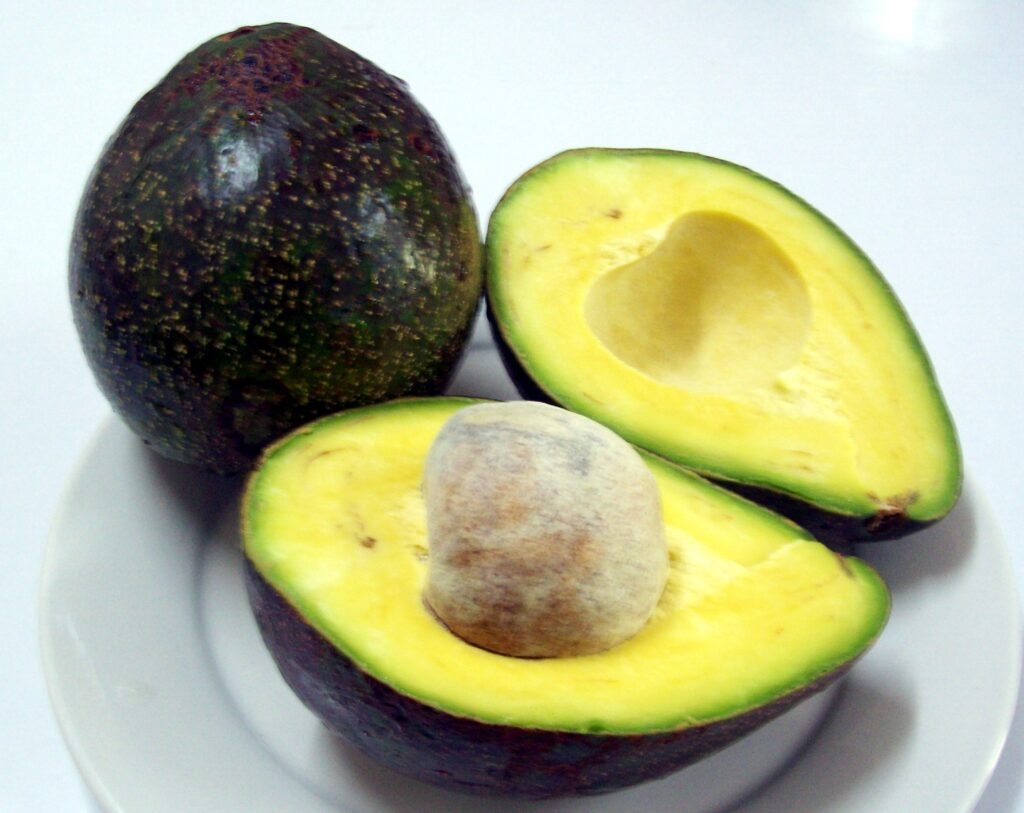
Healthy unsaturated fats found in avocados help keep the brain cell membranes flexible, according to Kansas State University. Avocados contain high quantities of monounsaturated fatty acids. A study published in the October 2012 issue of the Federation of American Societies for Experimental Biology found that monounsaturated fatty acids helped protect nerve cells in the brain known as astrocytes, which provide support to information-carrying nerves.
Broccoli: In combination with vitamins B6 and B12, the folate found in broccoli can eliminate homocysteine, a destructive molecule that messes with the heart and brain. That’s according to Neal Barnard, author of Power Foods for the Brain.
Broccoli also contains high amounts of potassium. “Potassium channels play a key role in maintaining the electrical conductivity of the brain and affect brain function,” pointed out Ann Margaret D. Toma, a member of the Nutritionists Dietitians Association of the Philippines.
Dark chocolate: Eating chocolate could help to sharpen up the mind and give a short-term boost to cognitive skills, according to a study done by the University of Nottingham. The study, led by Professor Ian Macdonald, found that consumption of a cocoa drink rich in flavanols — a key ingredient of dark chocolate — boosts blood flow to key areas of the brain for two to three hours.
Increased blood flow to these areas of the brain may help to increase performance in specific tasks and boost general alertness over a short period. In addition, the cocoa flavanols found in chocolate could be useful in enhancing brain function for people fighting fatigue, sleep deprivation, and even the effects of ageing.
Fish: Salmon, herring, sardines, mackerel, and trout all contain robust levels of Omega-3. Omega-3s include docosahexaenoic acid (DHA), eicosapentaenoic acid (EPA), and polyunsaturated fatty acid (PUFA).
“Omega-3 fatty acids provide many benefits including improved learning and memory and helping to fight against mental disorders,” notes Toma. “The Omega-3 fatty acids support the synaptic plasticity and seem to positively affect the expression of several molecules related to learning and memory that are found on synapse. It is essential for normal brain function.”
The Biochemical, Physiological and Molecular Aspects of Human Nutrition mentioned omega-3 fatty acids as “essential for the formation of myelin, the protective coating that allows the rapid flow of nerve impulses in the brain.”
Green tea: It has long been believed that drinking green tea is good for the memory. Now researchers have discovered how the chemical properties of China’s favorite drink affect the generation of brain cells, providing benefits for memory and spatial learning. The research is published in Molecular Nutrition & Food Research.
“Green tea is a popular beverage across the world,” said Professor Yun Bai from the Third Military Medical University in Chongqing, China. “There has been plenty of scientific attention on its use in helping prevent cardiovascular diseases, but now there is emerging evidence that its chemical properties may impact cellular mechanisms in the brain.”
According to Toma, the antioxidants found in green tea also protect neurons in the brain by keeping the blood vessels supple and open, ensuring the flow of nutrients to the brain.
Nuts: Eating a handful of nuts could stop the brain from winding down in later life, say scientists. They claim vitamin E, commonly found in nuts, is a powerful protector of the brain and may help prevent diseases such as Alzheimer’s. In fact, scientists in Japan have proved it is possible to reverse a degenerative brain disease simply by administering vitamin E.
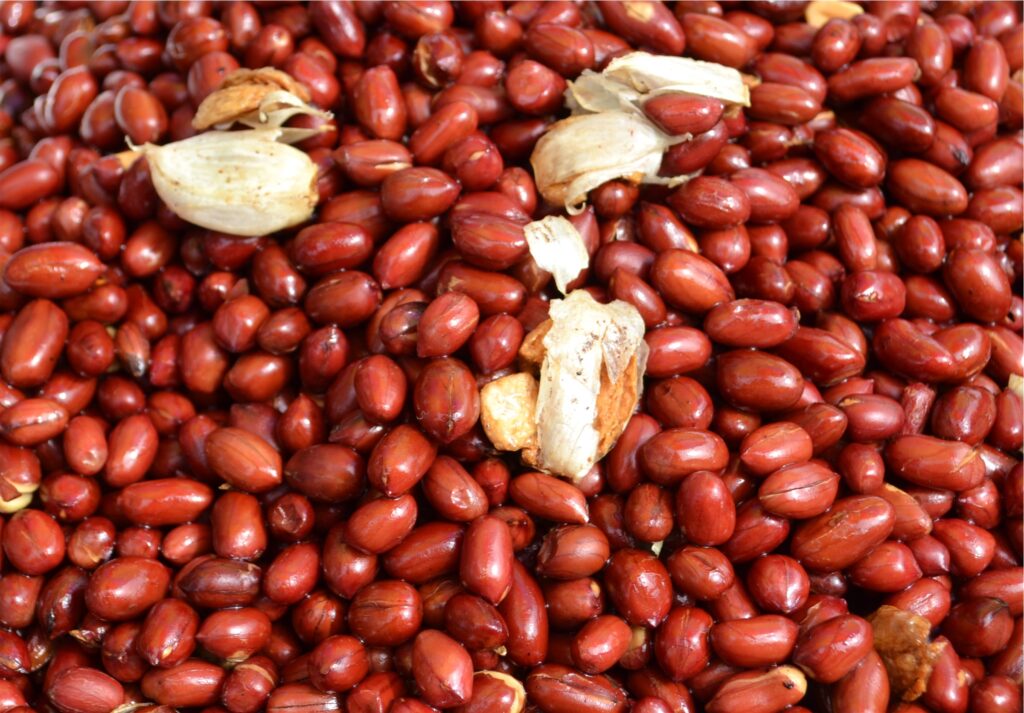
In addition, nuts contain serotonin, which helps a person feel better and be less likely to suffer from depression and poor mood. “(Serotonin) is a neurotransmitter released by neurons in the brain,” explains Toma. “Sufficient amount of it bathes neurons in the brain chemicals that help promote feelings of comfort, contentment, and well-being.”
Pumpkin seeds: These nutritious snack nuts are wonderful for brain health as they boost memory power and keep cholesterol and blood sugar levels in control, which ultimately help in keeping the brain on the right health track. The seeds have a high amount of phosphorus, which helps in boosting brain health. They also have iron, zinc, and magnesium that help in smooth processing of electrical signals in the brain.
The delicious seeds are also loaded with the amino acid tryptophan, a necessary component needed for proper neurotransmitter functioning. According to the book, The Happiness Diet, pumpkin seeds have even been shown to reduce social anxiety.
Strawberry: The strawberry fruit should be the best choice for your brain food. A recent study suggests that foods containing high levels of flavonoids may slow cognitive decline in brain function.
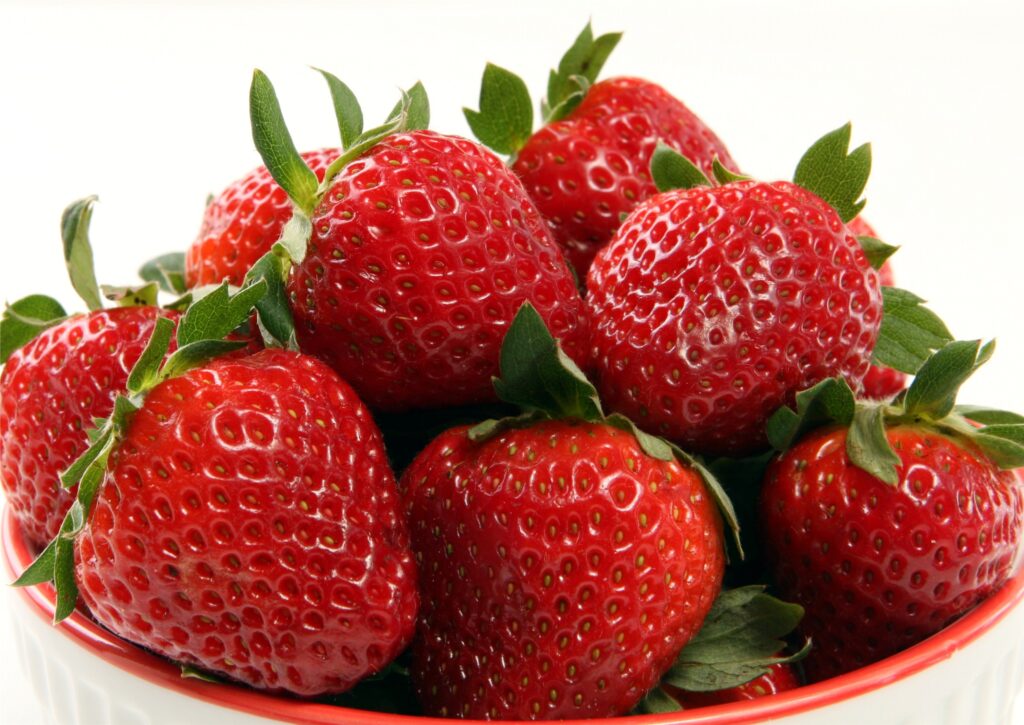
The study, published in the journal Annals of Neurology found that women who ate one or more servings of blueberries or strawberries two or more servings a week can delay cognitive aging in the brain for up to 2.5 years, compared with those who ate little or none of these food products.
Tomato: Tomatoes seem to contain a wide variety of vitamins, some in higher concentration than others. Vitamin A, B, K, E, and C are the most commonly found inside the fruits. It is known that one single tomato fruit can contain half of the daily dosage of vitamin C, and overall is considered to be in the third place when considering the concentration of vitamins compared with other fruits.
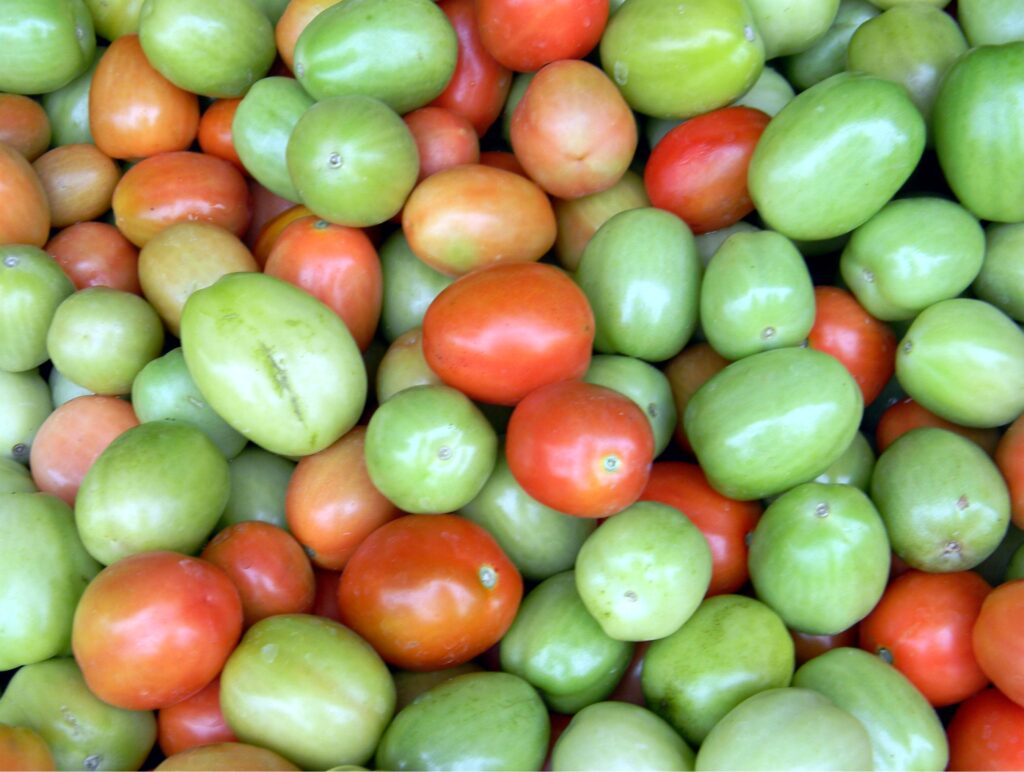
American nutritional therapist Jo Lewin shares this information: “There is good evidence to suggest that lycopene, a powerful antioxidant found in tomatoes, could help protect against the kind of free radical damage to cells which occurs in the development of dementia, particularly Alzheimer’s.”
Toma says the brain is vulnerable to attack from free radicals, “so a consumption of tomatoes a day is one of the most economical ways to increase your intake of the brain-protecting class of plant nutrients.” – ###








